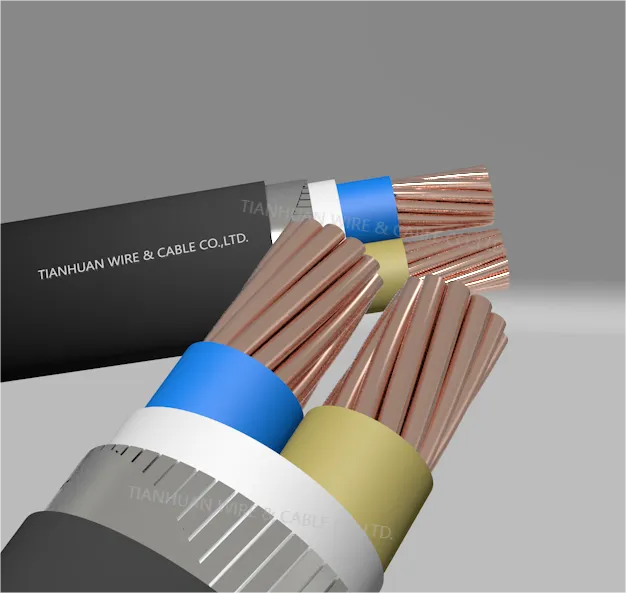
Common Varieties of Electrical Power Cables and Their Applications in Modern Industries
Famous Types of Electrical Power Cables
Electrical power cables are essential components in modern infrastructure, facilitating the transmission of electricity from power sources to various devices and systems. There are several famous types of electrical power cables, each designed for specific purposes and environments. Understanding these types is crucial for both residential and industrial applications.
1. PVC Insulated Cables Polyvinyl Chloride (PVC) insulated cables are among the most common types used in electrical installations. They are flexible, durable, and resistant to moisture and chemicals, making them suitable for various environments. PVC cables are often used in residential wiring, offering excellent insulation properties, which ensures safety and efficiency in power transmission. Their affordability and ease of installation further enhance their popularity.
2. XLPE Cables Cross-linked Polyethylene (XLPE) cables are designed for higher temperature and voltage applications. The cross-linking process improves the thermal resistance and mechanical properties of the cables, making them ideal for underground and high-voltage installations. XLPE cables can handle temperatures up to 90 degrees Celsius and are commonly used in both industrial and utility applications, providing exceptional durability and performance.
famous types of electrical power cables

3. Armored Cables Armored cables are designed for use in situations where they are exposed to mechanical stress or potential damage. These cables feature a protective layer of steel or aluminum that safeguards the internal conductors from physical damage. Armored cables are often used in industrial environments, outdoor applications, and underground installations, providing the necessary protection against harsh conditions.
4. Aerial Bundled Cables (ABC) Aerial Bundled Cables are used primarily in overhead power distribution systems. They consist of several insulated conductors bundled together, reducing the risk of short circuits and power theft. ABC systems are favored for their ease of installation and reduced maintenance costs compared to traditional bare conductors. Furthermore, they enhance safety by minimizing electrical hazards and are aesthetically preferable in urban areas.
5. Submarine Cables Submarine cables are specialized cables designed to transmit electrical power across bodies of water. These cables are heavily insulated and armored to withstand the underwater environment. Typically used for transmitting electricity between islands or across seas, submarine cables play a crucial role in global energy distribution and have become increasingly important as countries seek to connect renewable energy sources.
In conclusion, understanding the various types of electrical power cables is essential for effective power management and safety. Whether used in residential areas, industrial plants, or for special applications like underwater transmission, each type of cable serves a unique purpose, ensuring reliable and efficient electrical distribution across diverse environments.
-
Reliable LIYCY Cable Solutions for Low and Medium Voltage ApplicationsNewsJul.14,2025
-
Premium Overhead Electrical Wire Solutions for Low and Medium Voltage ApplicationsNewsJul.14,2025
-
Innovative XLPE Electrical Cable Solutions for Modern Low and Medium Voltage NetworksNewsJul.14,2025
-
High-Quality Ethylene Propylene Rubber Cable – Durable EPDM Cable & 1.5 mm 3 Core OptionsNewsJul.14,2025
-
Exploring the Versatility of H1Z2Z2-K 1X4mm2 Cables in Modern ApplicationsNewsJul.14,2025
-
Uses of Construction WiresNewsJul.14,2025
-
Types of Neoprene CableNewsJul.14,2025














